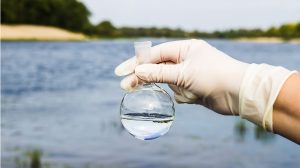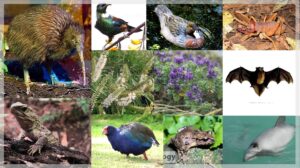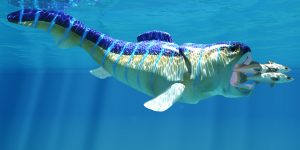Definition
noun, plural: cestodes
A common name for the species belonging to the class Cestoda
Supplement
Phylum Platyhelminthes, commonly called flatworms, is comprised of four groups: (1) turbellarians, (2) trematodes, (3) monogeneans, and (4) cestodes. All of them are characterized by their flattened, bilaterally symmetrical body.
The cestodes belong to a class of parasitic flatworms, which in turn belongs to the phylum Platyhelminthes. One of the major distinctive features of cestodes is being parasitic. All cestode species known are parasites. Most of the adult cestodes infest the digestive tracts of vertebrate hosts. The young cestodes are often found in the bodies of compatible or suitable intermediate hosts. For instance, the tapeworm, Taenia saginata (beef tapeworm), is a parasite of humans and other primates as definitive host. It inhabits the gut of its host and release proglottids that leave the body of the host through the anus. Contaminated vegetation eaten by a cow, for instance, may serve as its intermediate host. The young tapeworm migrates and forms a cyst in the body tissues of the intermediate host, e.g. muscles. Ingestion of undercooked or raw infected muscle tissue by the definitive host leads to the release of the tapeworm from the cyst, thus completing the life cycle of the tapeworm.
Scientific classification:
- Kingdom: Animalia
- Phylum: Platyhelminthes
- Class: Cestoda
Other common name(s):
See also:
- flatworm
- Platyhelminthes
- Helminthiasis







